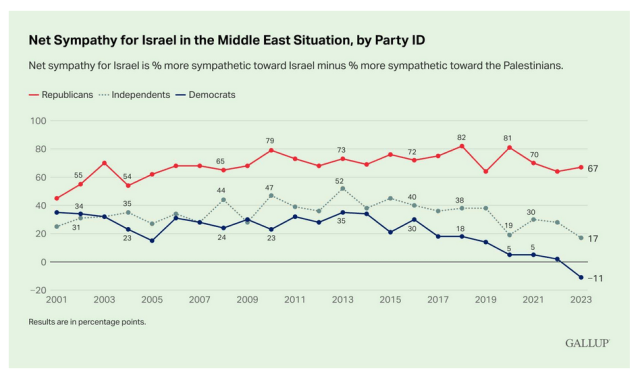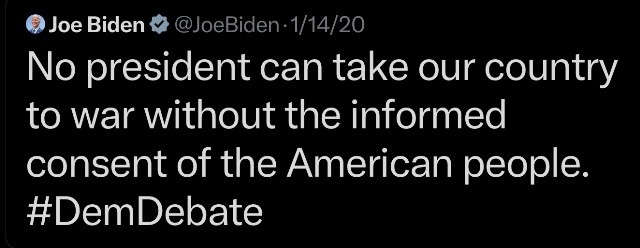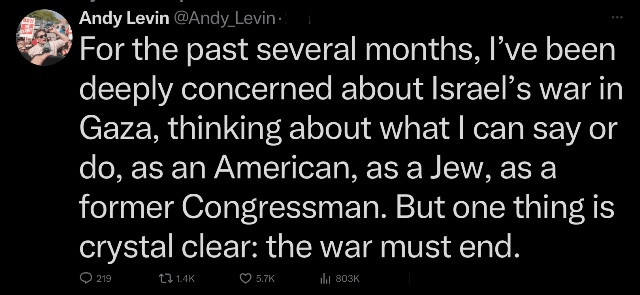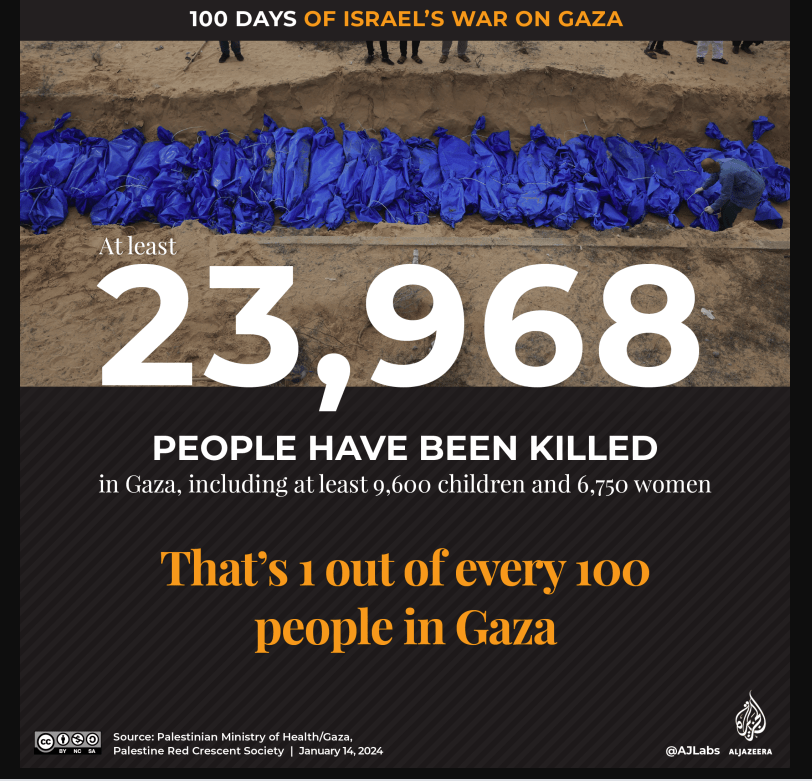The consequences of the Gaza-Israel 2023 war are shockingly deadly… another Mideast war, on-the-ground, air-to-ground, in the courts of public opinion, and now in an international court. The US in alliance with Israel is being tested as Israel’s war grinds on with horrifying ‘collateral damage’. This must change, the war in Gaza must end

In the US, mainstream media is presenting a view of the war that is not what the world sees and clearly not what the people of Gaza are experiencing.
The war-time reporting by the international press is not what is being viewed in the United States.
A humanitarian crisis is seen (internationally) and going unseen (in the US). Years, decades, of rage and revenge, cycles of conflict, recriminations, zealotry, destruction is, now in a worldwide internet era, being shared globally, community-to-community.
And in the US, as a 2024 presidential campaign now begins, the questions of Israel and Middle East once again loom large.
The deaths and terrors of war, the costs of war, are already impacting the US election and future of Israel, Middle East, the US and world. A drop off of Democratic and independent voters for President Biden, particularly by younger voters, a consequence of the war, is raising alarm.
A Gallup poll and other polling are signaling that President Joe Biden could lose the election in November as a result of his ‘hug of Netanyahu’ and his administration’s ‘unwavering support’ of the Netanyahu government’s waging of the war ‘no matter what’.

The backdrop to this war are the failures of previous US wars in the Middle and Near East. Although Republican party support for Israel, pumped up with US southern and midwest evangelical, biblical fervor and right-wing media, is continuing to support Benjamin Netanyahu, there are deep strains of antisemitism within the Republican base. This as traditional support of Israel from the Democratic party is no longer what it was in the past and many Jewish voters in the US are wondering what is coming next.
Fierce lobbying by AIPAC and DMFI, the American Israel Public Affairs Committee and Democratic Majority for Israel, are attempting to deliver political and financial support for near-unconditional US Congressional support, but the future of relations is no longer assured.
The US people generally know few facts about the Middle and Near East, but they do know they are tired of the pit the war in the Mideast have delivered. Against a drumbeat of calls to ‘go big’, there are those calling to bomb Iran next. Although many in the US know Iran is an Islamic country, few Americans know the Iranian people, for context and contrary to popular perception, have Indo-European history in their background. The Iranian people are not ethnic Arab. IN fact, for years, many Iranians were leaning toward the West in dress, thought, technology, not toward the hijab and religious extremism en masse as they are often now portrayed.
Look at some of the facts…
The US is at a turning point internationally. The failed wars waged by the US cannot continue as is…. Many countries across the world, for example, the BRICS bloc of nations have shifted and are shifting alliances… strategies are changing, geopolitics is changing… Eurasia is changing… a so-called “Great Game” is in play with past US primacy under assault as US failures resonate.
A “backsliding” of democracies across the globe is resounding with alarm. “Blowback” beyond Gaza-Israel is consequential, real costs of war are non-sustainable and what can be called a physics of failed war policy in process.
The Gaza – Israel war comes in a context and is delivering generational consequences beyond those who are wishing for Greater Israel and/or a historic Palestine.
The costs and consequences of the Gaza – Israel war are not isolated and those who are making decisions on conducting the war are having impacts far from Gaza. When Israeli government Ministers call for the end of the “Amalek” or threatening to use a nuclear weapon, this has consequences far from Tel Aviv.
When an International Court of Justice is convened and begins hearing a genocide case at the Hague against Israel, the US and Israel cannot ‘veto’ it … and as the war carrys over into the US 2024 election threatening to put more extreme views into power in the US, the potential consequences of war in the Middle East could serve up the conditions for chaotic changes.
This is time to look again at “solutions” in Israel, the Gaza strip, the West Bank, the region… A “two-state” solution between Palestinians and Israelis has become, even in the face of Netanyahu and his government’s opposition, a larger challenge. Those looking at a bigger picture will now have to act by asking ‘what comes next’ as they pursue war policy.
The US support for Israel is at a crossroads and the high pressure lobbying is at a crossroads.


The lack of real alternatives to failed policies on the ground in Israel have made a two-state agreement farther off, not closer. A one-state solution is not seen as viable. So what remains?
The US State Department floats ‘talks with the Saudi government who are demanding a two-state agreement before any (Saudi) normalization of relations with Israel’ can occur. We are told that Saudi recognition and Israel acceptance of a realistic two-state situation is being discussed, with existing Israel settlements in/on the West Bank, and a united Jerusalem. Is this possible?
In Israel, alternatives to the Netanyahu religious-bloc would seem to be a needed condition, with individual leaders such as Yair Lapid, have to step up strategically.
In the US, the Biden administration would be well advised to look to November and the effect his Middle East policy is having on the upcoming election.
The US public is far from supporting another war in the Middle East and the images of the Gaza-Israel war, from its beginning through the Israeli war cabinets response to today, is producing ….. what exactly?
Where does “the United States” stand? What nations, of the approximately 200 nations of the world, are supporting what is being witnessed in the Gaza enclave?
The US voting public is watching a current US president who, too often, looks pale, elderly, a man who promised to end the streak of US wars, failed wars. Has he?
Who would disagree that the wars of the past decades have profoundly damaged the nation? The proliferation of weapon sales, an escalating nuclear arms race, belligerence and threats worldwide, war in Ukraine, China-Russia conflicts with the US, crisis after crisis — it’s perilous times. The political and moral standing of the US in the community of nations has plunged as a result of US decisions as the US president who ran on promises to curb military power and “forever wars” seems unable to live up to his promises amidst a growing death count.


President Biden assured the nation he would not “take our country to war without the informed consent of the American people”, but in 2024 what is the worth of these assurances?
“Solutions” in the Middle East are distant as the world watches the 100th day of Israel’s declared war and considers Biden’s Israel policy. “Off ramps” to the war are not in view. Mayhem in current US Congressional politics is a daily spectacle. Questions of the wars in Ukraine, regional war with Yeman, Iran, the threats of conflict in the South China Sea, conflicts across Africa, the breakdown of treaties and agreements augers more war, less peace.
With this all in mind, let’s revisit Strategic Demands’ recent thoughts in: “Gaza-Israel: Whence Next”.
We ask again: what are the odds, what are the chances these floated ideas will find traction, on-the-ground traction, political and humanitarian reality?
On December 22, in the Christian Science Monitor, Arab political journalist Taylor Luck and correspondent Fatima AbdulKarim reported that Arab Gulf states, Egypt, Jordan, the U.S., and the European Union have created “[a] massive postwar reconstruction plan…for the besieged Gaza Strip.” The plan is to “rebuild the coastal strip, unite and overhaul Palestinian governance, and create a Palestinian security force in Gaza to ensure Palestinian and Israeli security.”
Arab diplomats insist the reconstruction of southern Gaza, including alleviating suffering, rebuilding housing and infrastructure, and restoring jobs, must be “rapid”; Gulf states have set $3 billion a year for ten years as the first budget. The plan calls for a “revamped and revitalized” Palestinian Authority to govern Gaza and the West Bank with current president Mahmoud Abbas as a figurehead and an apolitical unity government running affairs.
The plan is still developing, but already the main obstacles are Israel’s governing coalition, led by Netanyahu, who refuses the ideas of a two-state solution and of a Palestinian Authority in charge of Gaza, and Hamas, which Gulf states as well as the U.S. reject as a participant in the future governance of Gaza. Other Iran-backed militias also oppose such a solution.
From the beginning of the Hamas-Israel war, the Biden administration has been very clear that its first goal was to make sure the conflict didn’t spread, with Lebanon’s Iran-allied Hezbollah and other proxy militias joining in fully. Biden immediately sent two carrier groups to the region and promised “to move in additional assets as needed.” On October 10 he warned: “Let me say again—to any country, any organization, anyone thinking of taking advantage of this situation, I have one word: Don’t. Don’t.”
The New York Times piece by Baker, Wong, Barnes, and Kershner revealed that Biden and his national security team, including Secretary of State Antony Blinken and national security advisor Jake Sullivan, also warned Netanyahu against launching a preemptive strike on Hezbollah.
….
Also today (Jan. 2), in response to calls from Israeli cabinet members for the resettlement of Palestinians outside Gaza, the U.S. State Department issued a “rejection” of both the language and the idea. “We have been clear, consistent, and unequivocal that Gaza is Palestinian land and will remain Palestinian land, with Hamas no longer in control of its future and with no terror groups able to threaten Israel. That is the future we seek, in the interests of Israelis and Palestinians, the surrounding region, and the world.”
And in today’s Washington Post, Lebanon’s former prime minister Fouad Siniora and former Lebanese lawmaker Basem Shabb noted that “[d]espite the ferocity of the bombing and the great loss of innocent civilian lives in Gaza, the conflict remains largely contained to an Israeli-Palestinian confrontation—and more specifically, is broadly understood in the Arab world to be a conflict with Hamas, a non-state actor,” but warned the conflict must not spread. They noted that in November, “[i]n a first, 57 Arab and Islamic countries…called for a peaceful resolution to the Palestinian-Israeli conflict based on a two-state solution,” the same concept embraced by the Biden administration.
“In response to Israel’s atrocities in Gaza, the Arab world responded with denunciation—but, more importantly, with diplomacy. No military threats were issued by any of the Arab states toward Israel,” the Lebanese lawmakers pointed out. They urged Israel to embrace the two-state solution “and, in doing so, usher in a new era in the Middle East.”
____________________________________________
Let us consider what would it take for a “new era in the Middle East”?
For “solutions”, we offer up two thoughts:
Strategic Demands calls for New Definitions of National Security and actions to move the nation, and world, away from Deep Costs of War and generational conflict.
The US must take a forward-looking position and rethink its strategic positions in the Middle East to start…
The war in Gaza, as a first step, must end.




